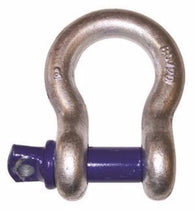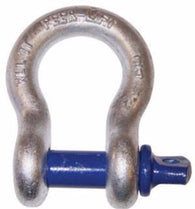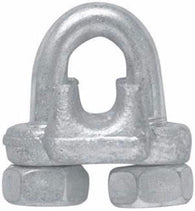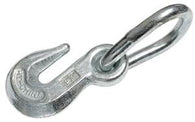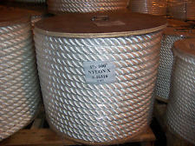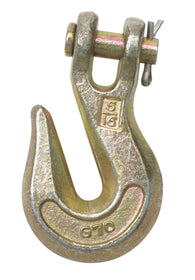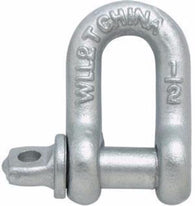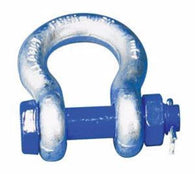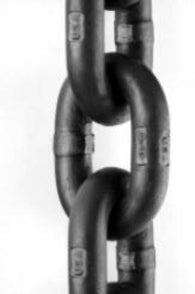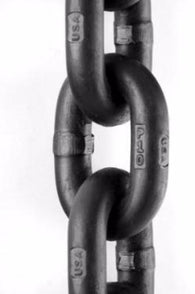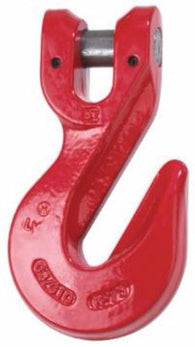Chain, Cable & Accessories
Chain Cable Accessories
Chain, cable, and wire rope are something most people never think twice about, but to the professional tradesman and to the do it yourselfer who wants to do the job right they become very important. Whether you’re lifting, securing, or tying down goods to be transported it is important to have the right materials for the job.
Wire rope is often the best choice. The multiple strand construction rather than links offer a higher lifting capacity for very heavy objects. Chain, however, is also very strong and is generally less expensive when compared to wire rope. One needs to identify what the work will involve. If you’re lifting a variety of different cargo or lifting for a long period of time, the cable may be a better solution, but if you’re consistent with your cargo and loads, then chain may offer a better value.
What Types of Chain and Wire Rope Are Available?
Grade 100 Alloy Chain: Grade 100 alloy chain is a low weight, high strength, heat-treated steel chain that can be used for overhead lifting and is 25% stronger than grade 80 chain. This type of chain is generally recommended for lifting applications.
Grade 80 Alloy Chain: A heat-treated steel high strength chain. Its strength makes it safe for overhead lifting and lifting slings.
Grade 70 Transport Chain: Grade 70 chain is called transport chain. It is manufactured with heat-treated carbon steel. As the name suggests, it’s used for tie downs on trailers so it’s also known as trucker’s chain. It’s never to be used for overhead lifting. Grade 70 chain generally features a gold chromate finish so it’s easy to recognize and to meet California Highway Patrol and DOT requirements. In addition to transport uses, it’s also commonly used in towing, logging, and safety chain applications.
Grade 43 Alloy Chain: A higher strength chain made from higher carbon steel and is commonly used in the trucking industry as this grade meets DOT requirement and specifications.
Grade 30 Chain: Also called "proof coil" this chain is manufactured from low carbon steel. This grade of chain is a general purpose chain and should not be used for lifting applications.
(NACM) National Association of Chain Manufacturers: You will see the acronym NACM listed on types of chains and hooks.
Nylon Rope: Nylon rope offers a long list of advantages over manila rope in that it offers tremendous strength and elasticity along with a smooth surface that works well with pulleys and winches. For superior strength and remarkable stretching capabilities, nylon is the material of choice. Stronger than manila, nylon commonly finds itself pulling the heaviest loads and bearing the most weight. Although water can weaken the strength of nylon, it is resistant to UV, chemical exposure, and other forms of rot. Nylon rope is commonly used for mooring lines and anchor lines.

